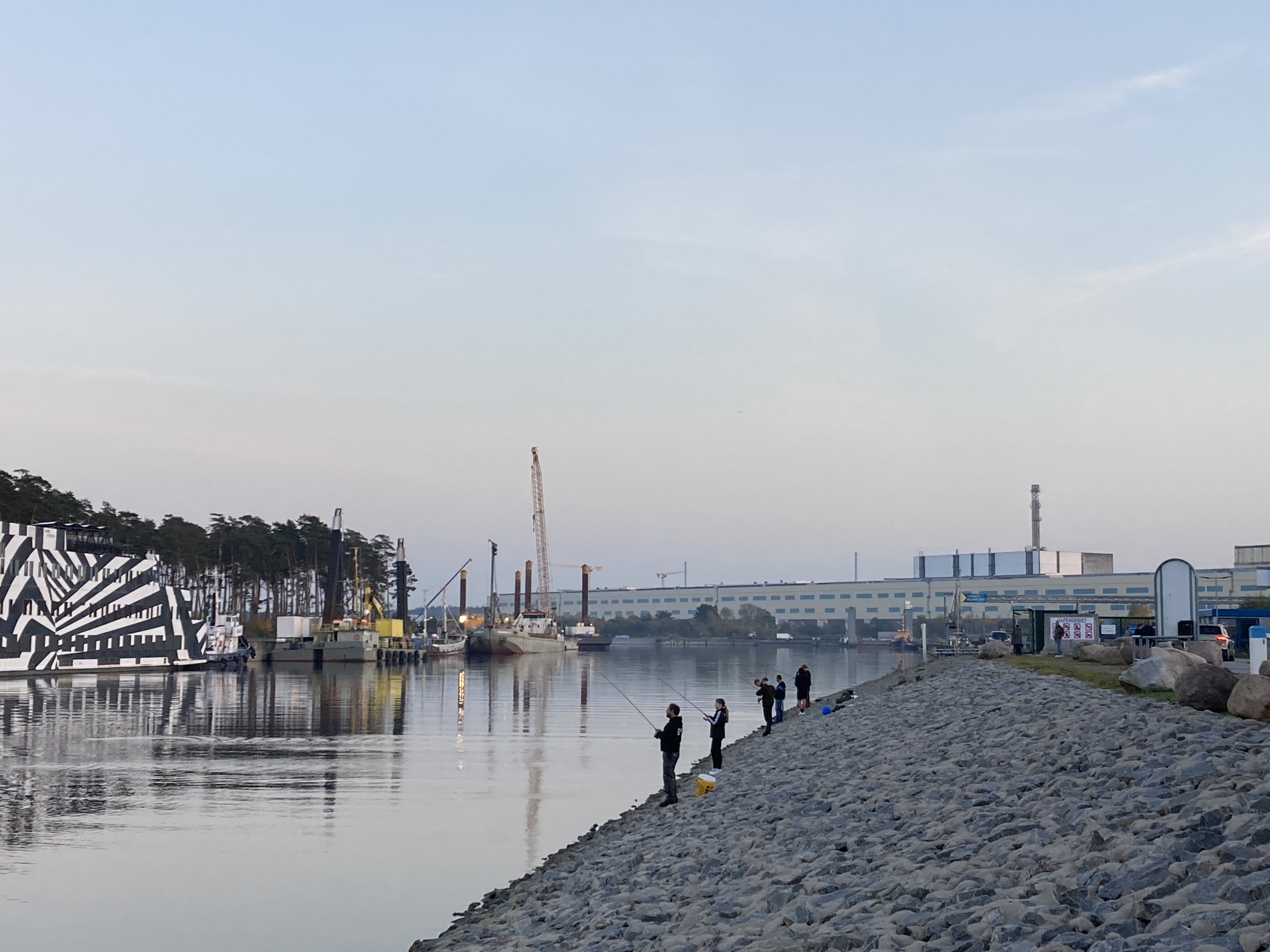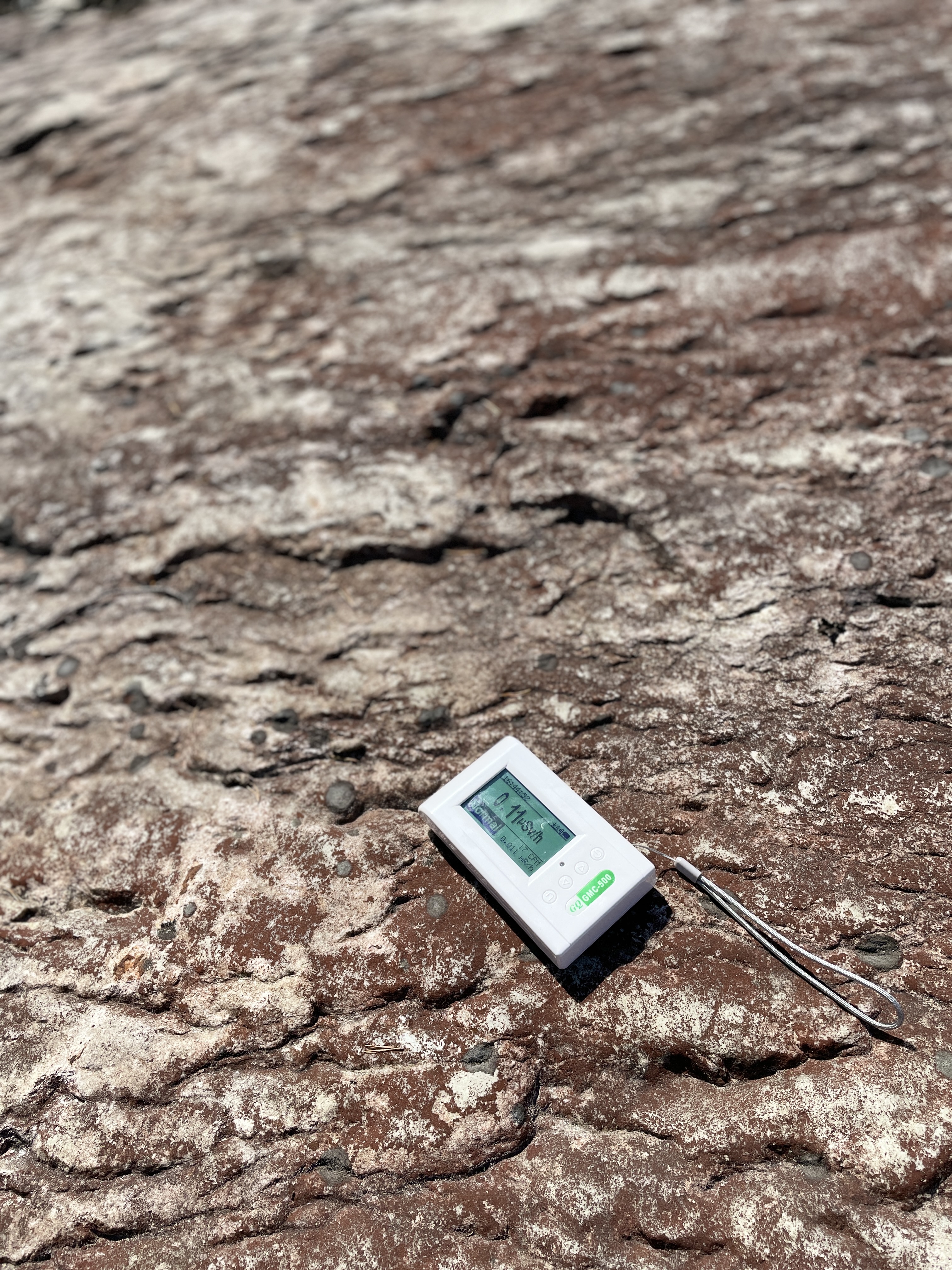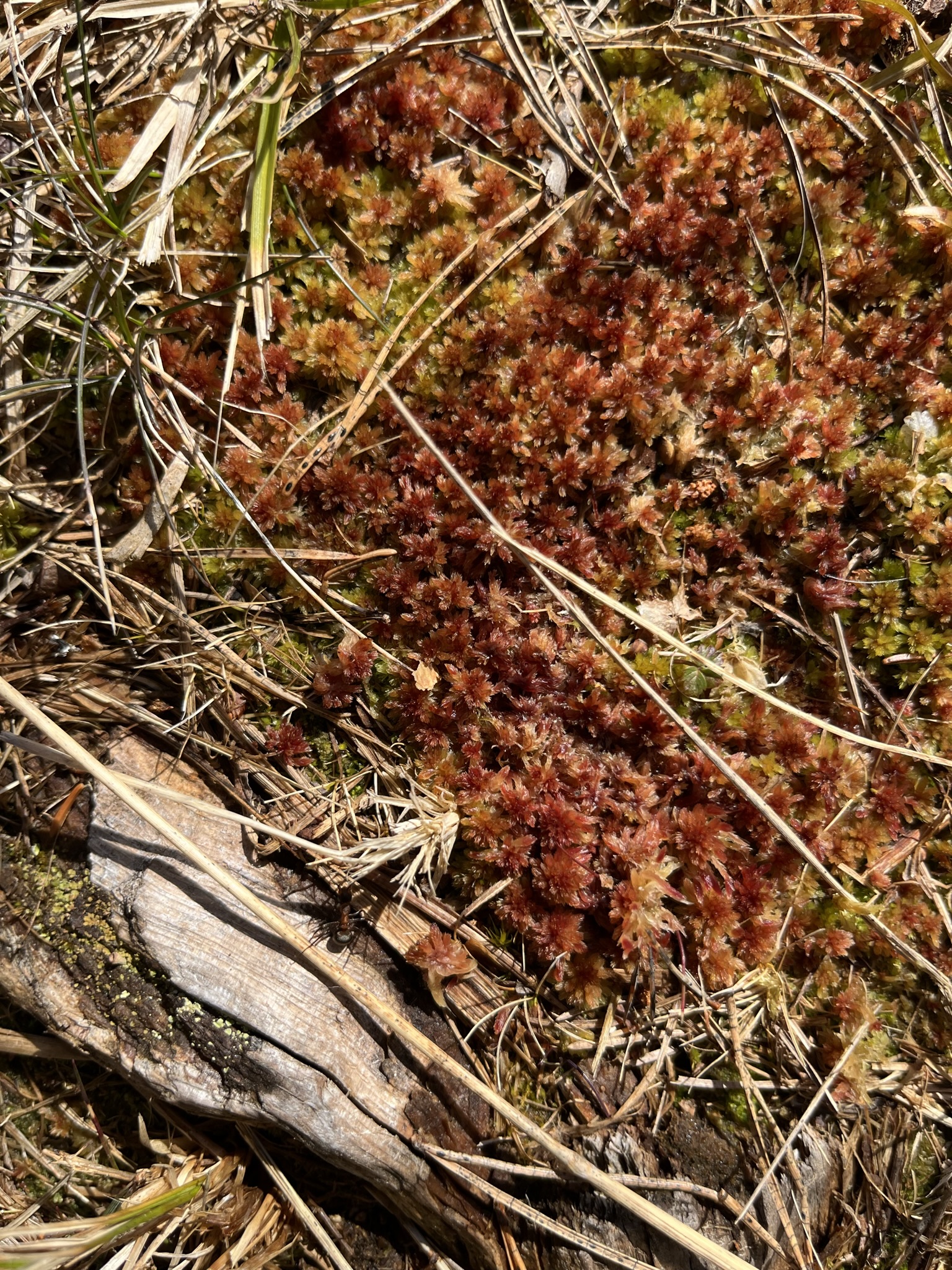About
Nuclear power production has altered our living environments indefinitely. From buffer zones around operating nuclear facilities and long-term contaminated sites after accidents to the open landscape scars of uranium mines and deep geologic waste storage sites dug deep into the earth, these altered environments, or nuclear natures, demand our societal attention.
The research project, situated at Tema Technology and Social Change, Department of Thematic Studies, at Linköping University in Sweden, examines nuclear natural environments through a variety of disciplinary angles and case studies. The aim is to articulate nuclear natures as a key category of environments, to explain in which ways they influence the livability of numerous areas in the near and distant future, and thereby demonstrate how nuclear natures demand careful consideration not only from the natural, but also the human and social sciences.





We look at different stages of the nuclear power production cycle, including the enclosed buffer zones surrounding active nuclear facilities, the growing number of old reactors undergoing decommissioning and leaving a potentially denuclearized territory behind, and long-term waste storage sites under construction. Geographically, we focus on three heavily nuclearized countries: Sweden, Finland and Germany.
The project is financed by The Swedish Research Council/VR and runs from 2021 to 2026. It is based at Linköping University in Linköping, Sweden.
